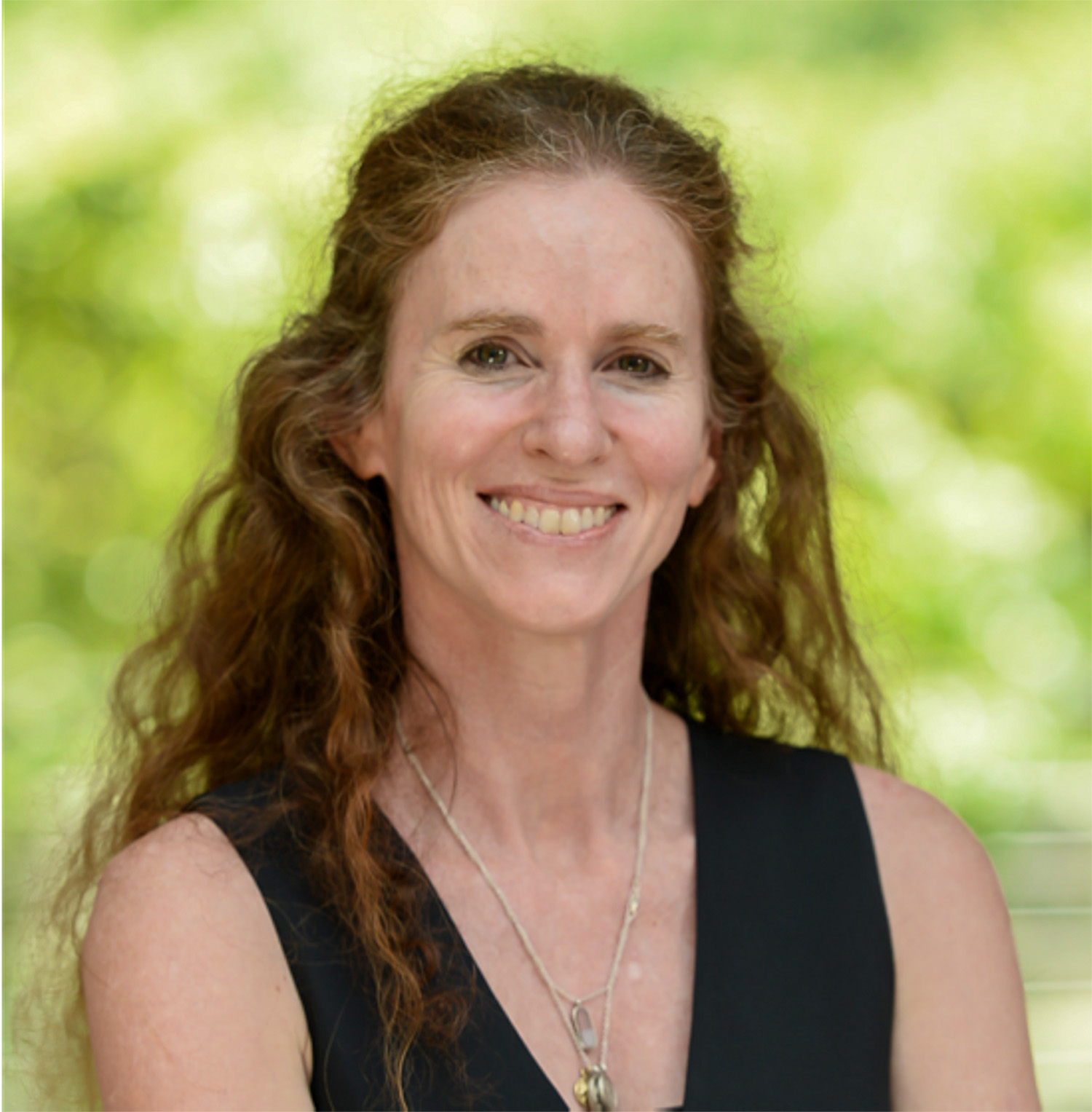The new collaborative NatureFinance@Oxford seminar series brings together leading researchers to explore the critical intersection of biodiversity and nature financing. This dynamic series offers an exciting opportunity to share and discuss research that is shaping the future of this rapidly evolving field.
The series will run throughout the 2024–25 academic year and is a collaboration between Resilient Planet Finance Lab and the Oxford Nature Positive Hub, Department of Biology.
27 May 2025
The Original Biodiversity Finance
Dr Susan de Witt, Stellenbosch University & University of Oxford
📅 Tuesday, 27 May 2025, 2.30-3.30pm
📍 Atmosphere Room, Environmental Change Institute, OUCE
🌐 Online (MS Teams)
Abstract
With the adoption of the Global Biodiversity Framework and the UN Decade on Ecosystem Restoration, governments and multilateral bodies have committed to ambitious global conservation and restoration targets. Yet the practical challenge remains: how to finance biodiversity at scale in regions where state capacity is limited, and development imperatives dominate. Southern and East Africa offer a compelling—and under-recognised—example of how market-based models can meet this challenge. For decades, wildlife-based land use (WBLU)—ranging from ecotourism and live sales to hunting and game meat—has been implemented across private and communal land in the region. These models have delivered proven ecological and socio-economic benefits, but their financial performance remains poorly recognised. This seminar will discuss the first structured analysis of financial data from non-state WBLU enterprises, most of which operate without subsidies or carbon-linked finance. In doing so, it surfaces one of the earliest examples of biodiversity finance in practice—well before current nature markets took shape. In contrast to ongoing debates that position biodiversity finance as a future aspiration dependent on new metrics, governance mechanisms, or de-risking structures, these landholders have already demonstrated how private investment, and local enterprise can fund ecosystem restoration and conservation outcomes. This evidence base holds critical insights for governments, DFIs, and private investors seeking investable models in nature-based solutions.
Speaker Profile

Dr Susan de Witt has over a decade of experience working across public and private sectors to advance innovative finance for socially and environmentally aligned businesses. She has held roles at the Collaborative for Frontier Finance, the Bertha Centre for Social Innovation and Entrepreneurship at the UCT Graduate School of Business, and Impact Investing South Africa, helping mainstream these approaches. She led South Africa’s National Task Force for Impact Investing, supporting 200+ senior investors, and raised ~$15 million for outcomes-based contracts, including the first ECD Impact Bond in an emerging economy. A former veterinarian and small business owner, she holds a BVSc from the University of Pretoria, an MBA from University of Cape Town, and is pursuing a PhD in Biodiversity Finance through Stellenbosch and Oxford Universities.
PAST SEMINARS AND PODCASTS
12 March 2025
The Limits to Derisked Decarbonisation: State Capacity Unevenness in Domestic Green Transition Strategies
Dr Rosie Collington, Copenhagen Business School
📅 Wednesday, 12 March 2025, 1.30-2.30pm
📍 East Lab, Environmental Change Institute, OUCE
Abstract
With the adoption of the Paris Agreement in 2015, governments worldwide committed to reducing emissions and limiting global temperature rise to below 2°C above pre-industrial levels. However, even those with comprehensive, legally enshrined strategies are struggling to implement their own plans. This seminar will examine how the dynamics of the global political economy shape national bureaucracies and influence their ability to develop state capacity for implementing green transition strategies. Using Chile as a case study, we will explore how government agencies across three policy areas — green hydrogen, native forestry, and mining — have faced differing levels of effort in building the necessary state capacity for decarbonisation. Contrary to existing theories, which suggest that initiatives in sectors with strong incumbent require more targeted efforts to develop state capacity, our findings indicate that alignment with domestic growth constraints and access to financing for de-risking infrastructure investments play a more significant role. State capacity is often used to enhance project feasibility for potential investors, but limited state capacity in ‘unbankable’ policy areas undermines the realisation of carbon neutrality.
Speaker Profile
Dr Rosie Collington is a Postdoctoral Fellow in International Political Economy at Copenhagen Business School. Her research focuses on governance transformations in states, international financial institutions, and climate and environmental policy. Currently, she explores how new forms of expertise and governance tools (such as energy scenarios, disclosure infrastructures, and algorithmic technologies) are reshaping climate finance allocation and energy planning. Rosie completed her PhD at University College London’s Institute for Innovation and Public Purpose in 2024, where she examined the challenges of building state capacity for multi-sectoral decarbonisation strategies within the context of de-risking approaches to climate finance. Alongside her academic work, she actively engages in public debate and has written for, or appeared in, The Guardian, NPR, and BBC Radio 4.
24 February 2025
What is a Unit of Nature? Measurement Challenges in the Emerging Biodiversity Credit Market
Dr Hannah Wauchope, University of Edinburgh
📅 Monday, 24 February 2025, 1-2pm
📍 East Lab, Environmental Change Institute, OUCE
Speaker Profile
Dr Hannah Wauchope is a Lecturer in Ecology and Conservation at the University of Edinburgh. Her research examines how we measure biodiversity and our impacts upon it for policy and practice.
Hannah studied zoology and ecology at the University of Queensland (Australia). She worked with the Australian Antarctic Division, before embarking on a PhD at the University of Cambridge to study the effects of protected areas on waterbird populations and related methodologies. Later, she joined University of Exeter as an 1851 Research Fellow to research the impact of warming on species in the past (through the Holocene and late Quaternary) as a way of improving understanding of range shifts and help draw generalisations about how other species will move in the future.
11 February 2025
The Promise and Pitfalls of Biodiversity Finance: A Conversation with Siddarth Shrikanth (Director of Natural Climate Solutions at Just Climate)
📅 Tuesday, 11 February 2025, 4-5pm
📍 City Room, Environmental Change Institute, OUCE
Speaker Profile
Siddarth Shrikanth is Director of Natural Climate Solutions at Just Climate.
After studying Biology at Brasenose College, Siddarth worked in corporate sustainability for McKinsey in London and Indonesia before moving to Hong Kong to be a foreign correspondent for the Financial Times. He gained a joint MPA/MBA from the Harvard Kennedy School and Stanford's Graduate School of Business, during which he co-founded a natural carbon removal start-up and consulted for the World Bank on environmental policy. In 2023 he published his book The Case for Nature: Pioneering Solutions for the Other Planetary Crisis (Penguin and Duckworth).
26 November 2024
Derisking Biodiversity Investments: Lessons from the Energy Transition
Dr Florian Egli, Technical University of Munich
📅 Tuesday, 26 November 2024, 10-11am
📍 Village Room, Environmental Change Institute, OUCE
Speaker Profile
Dr Florian Egli is a Tenure Track Assistant Professor and head of the group Public Policy for the Green Transition at the Technical University of Munich (TUM). He is also the PI of the Transformation Finance Lab at the TUM Think Tank. Previously, he worked as a Senior Researcher and Lecturer at the Energy and Technology Policy and was an Honorary Research Fellow at the Institute for Innovation and Public Purpose (IIPP) at UCL.
His research focuses on two crucial drivers for the green transition: finance and political economy. The first emphasises the role of finance as a transformative force capable of fostering sustainable economies and societies. The second focuses on understanding the political economy, encompassing both the powerful interests and emerging coalitions for change, and emphasizing the importance of inclusive processes that make large societal transformations politically feasible and engaging for the wider population.
Florian’s work received several accolades, including the best dissertation award from the Swiss Association of Energy Economics, the University of St. Gallen Impact Award, and the Financial Times Best Academic Research with Societal Impact Award.
Inaugural Seminar, 16 September 2024
Mapping Financial System Interactions with Ecosystem Tipping Points: Evidence from the Brazilian Amazon and Indonesian Peatlands
Professor Josh Ryan-Collins, University College London
📅 Monday, 16 September 2024, 5-6pm
📍 Seminar Room, Department of Biology, Mansfield Road
Speaker Profile
Dr Josh Ryan-Collins is Professor in Economics and Finance at the Institute of Innovation and Public Purpose at UCL. His research focuses on macroeconomic policy, sustainable finance, and the economics of land and housing. Josh has worked closely with central banks and financial supervisors in supporting environmental sustainability goals, including advising the Network for Greening the Financial System. He has developed the concept of 'precautionary financial policy' as a new framework to support financial policy makers in dealing with the uncertainty posed by climate change and environmental transition. His work in this field has featured in internationally peer-reviewed journals including Ecological Economics, Nature Climate Change and Climate Policy. His work has been funded by the European Commission, the UK government, the KR Foundation, Partners for a New Economy, the European Climate Foundation, Climateworks, the Laudes Foundation and Sunrise, among others.
Josh has published three books: Where Does Money Come From? (NEF, 2012), Why Can't You Afford a Home (Polity, 2018) and Rethinking the Economics of Land and Housing (Zed books, 2017), which was included in the Financial Times’ Top 12 Economics Books of 2017.


